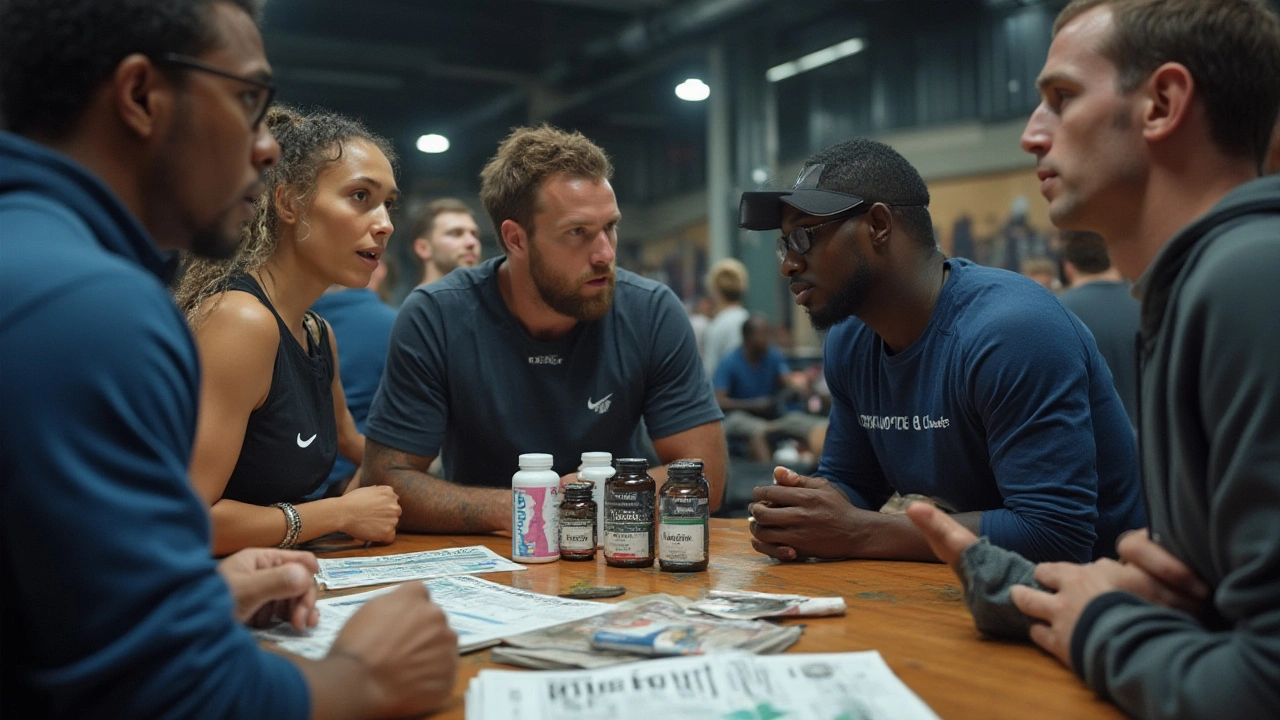Sports supplement: how to choose, use, and stay safe
Want better workouts, faster recovery, or more energy? Sports supplements can help — when you pick the right ones and use them properly. This page gives clear, practical advice on the most useful supplements, how they work, safe dosing, and how to avoid junk products or banned ingredients.
Common supplements worth considering
Here are the staples most athletes actually benefit from:
Protein powder — Whey, casein, and plant blends help meet daily protein needs. Use them to fill gaps after training or when whole-food protein is hard to get. A typical dose is 20–30 g after a workout.
Creatine monohydrate — One of the best-researched supplements for strength and short bursts of power. Take 3–5 g daily; no loading phase is required. It’s cheap, safe for most people, and works for many sports.
Caffeine — A quick performance boost for focus and endurance. 3–6 mg per kg of body weight before exercise works for many people. Test lower doses first to avoid jitters or sleep problems.
Beta-alanine — Helps with high-intensity efforts lasting 1–4 minutes by reducing muscle fatigue. Expect tingling at higher doses; split 1.6–3.2 g across the day to limit that side effect.
Fish oil and multivitamins — Not flashy performance enhancers, but useful for overall health and recovery when your diet is lacking in omega-3s or micronutrients.
How to choose a safe supplement
Buying smart matters. Here’s a simple checklist to follow before you hit add-to-cart:
1. Third-party testing: Look for NSF, Informed-Sport, or USP seals. These show the product was tested for contaminants and banned substances.
2. Check the label: Real brands list dosages for each active ingredient. Avoid products that hide amounts behind proprietary blends.
3. Know the red flags: Bold claims like "guaranteed results" or "miracle fat burner" usually mean overpriced or unsafe products. Be cautious with stimulants and complex pre-workout blends.
4. Talk to a pro: If you have health issues, take medications, or are competing in tested events, check with your doctor or a sports dietitian.
5. Start small: Try one item at a time for a few weeks to see how your body responds. That makes it easier to spot side effects or benefits.
Supplements can help, but they’re not magic. The biggest gains come from consistent training, decent sleep, and a solid diet. Use supplements to fill gaps or support specific goals — not as a shortcut.
If you want product recommendations, dosing plans for your sport, or tips on reading labels, explore our articles tagged "sports supplement" for practical reviews and buying guides tailored to different needs.

